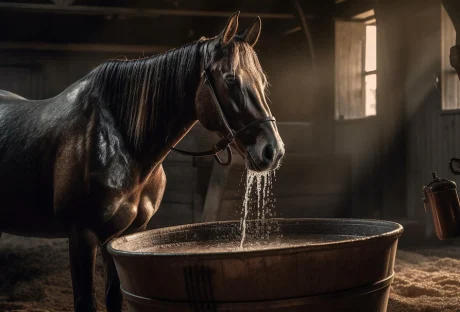If you’re looking to add a four-legged, tail-wagging friend to your family, one of the first decisions you’ll make is whether about adopting a puppy or an older dog. Either would give you an adorable, furry friend, but both choices have their unique disadvantages, too.
Whether you’re looking for a puppy or an older dog, you’ll want to check out this year’s most popular dog breeds. These showstopping canines will give you an idea of what other pet parents are looking for in their animals.
Mixed breed dogs are a perennial favorite for their unique makeups and generally stable health, but they may not be the answer if you’ve got your heart set on a specific breed. Following the mixed breed dogs are toy breeds, such as Chihuahuas and Pomeranians.
These loyal, yappy dogs are popular among older adults or couples without children, as they can be particular about their boundaries. Lastly, everyone loves the classic Retriever breeds, such as Goldens and the ever-adorable Lab puppies.
Now that you’ve got the necessary background on this year’s best in show breeds, here are the pros and cons that come with both puppies and older dogs.
Puppies pros
Adopting a pint-sized pooch can be the puzzle piece your growing family needs, but it won’t be without a lot of patience (and chewed furniture).
1. Puppies are cute and affectionate
Young dogs are precious, which is why so many people want to adopt them. Puppies are also affectionate and can become very attached to their owners.
2. Plenty of energy to play
If you want an energetic dog, puppies are the way to go. These little dogs love to run, play, and go for walks. If you’re into jogging, a younger dog’s energy will make your pet a fun partner on your daily 5K.
Puppy cons
Owning a puppy may be fun at playtime, but it can also be a lot of work. Here are the cons to adopting a puppy.
1. Training is needed
Puppies require training in every way imaginable: housebreaking, noise, nipping, jumping, and more. Just like human children, puppies aren’t always eager to do what they’re told, so you’ll need a pound of patience.
2. Puppies’ adult years are a mystery
How a puppy will grow up is a bit of a question mark. Will your dog have behavior issues or medical problems? Only time will tell, and the uncertainty might be more than you’re willing to handle.
Adult dog pros
Grown dogs can offer just as much love and companionship as a puppy, so some prefer to give an adult dog home when adopting a pet. Here are the pros of adopting a seasoned dog.
1. You know what you’re getting
When you adopt an adult dog, you already know its temperament and health needs. There are fewer questions with older dogs, as their personalities have already developed.
2. The dog may already have training
Some adult dogs who need a home have already been housebroken and may have other training, such as service dog training. Older dogs can be an excellent choice for first-time dog owners because of this experience.
Cons of adopting an older dog
Giving an older dog a home carries with it a few considerations. Among them are these possible cons.
1. Senior dogs may not be as energetic
Adopting a senior dog who needs a home is admirable, but don’t expect older dogs to have the same energy level as a puppy or younger dog. For some aspiring dog owners, this chilled-out nature may be a plus. It may mean leaving Fido at home more often than not for active families.
2. Possibility of medical costs
Aging dogs can have medical problems, so you’ll need to consider the cost of veterinary care. Though puppies can also go through their share of medical mayhem, dogs nearing the end of their lifespan will undoubtedly incur a few vet bills before they leave your life.
Giving a dog a home
Deciding to give a dog home can be one of the best choices you ever make, but you’ll need to determine whether an older dog or a puppy is best suited for your home. Whether you adopt a puppy or senior dog, you’ll find either to be loving companions for the whole family.
Read Also:























